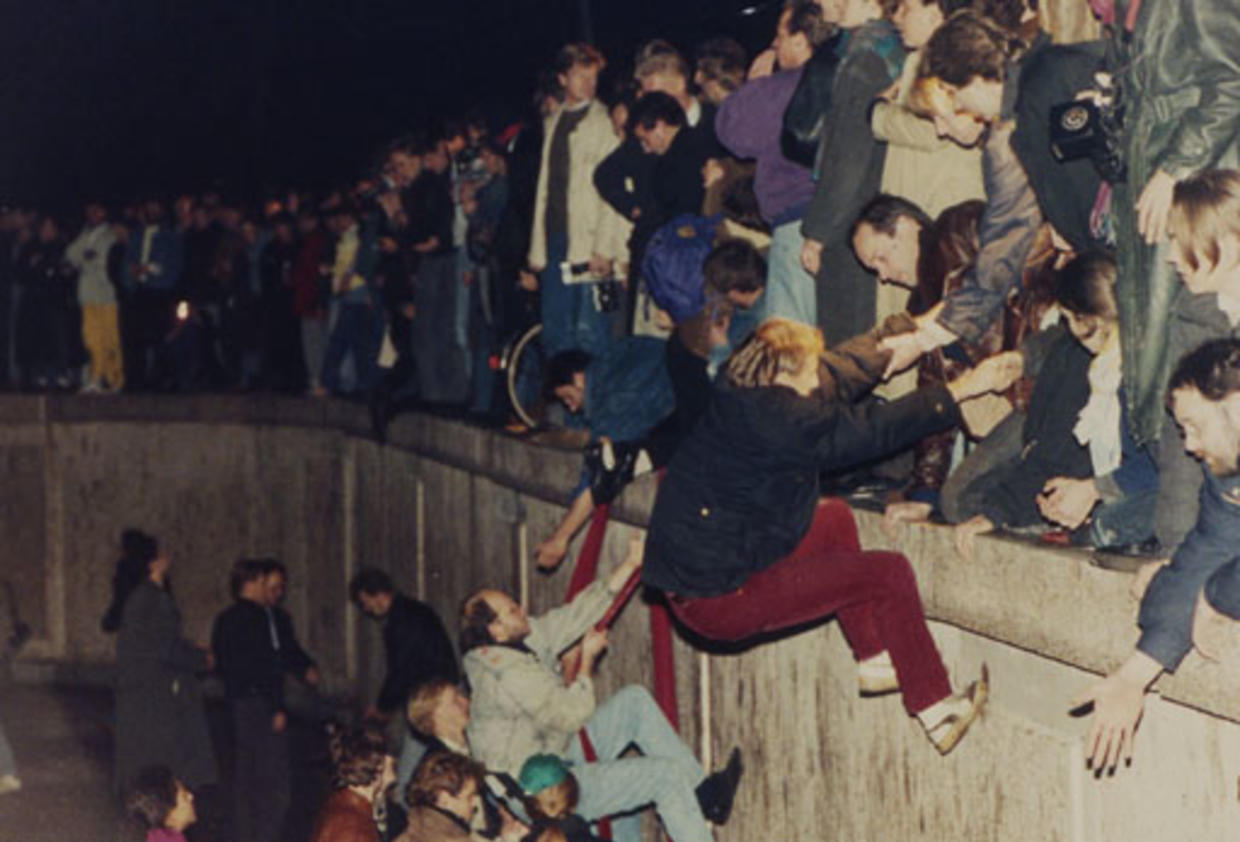
CBS News
1989 was a year of momentous political change across eastern Europe. At the start of the year Bulgaria, Czechoslovakia, East Germany, Hungary, Poland and Romania were all effectively one-party states, with a ruling communist party (sometimes with a different name) suppressing opposition and taking all important political decisions. By the end of the year that system had collapsed in all of those countries. The ‘leading role of the party’ had gone, opposition parties and movements were free to operate, new governments had been formed, often dominated by opponents of the old regime, and contested elections had either been held or were scheduled for the near future. This was part of a general transformation, covering also the Soviet Union, Yugoslavia and a number of other state socialist countries. However, the changes in the six countries in eastern Europe were exceptionally rapid. There were similarities across countries in the processes and outcomes, alongside significant differences in the nature and ordering of changes, as indicated in the chronology at the end of this introduction.
